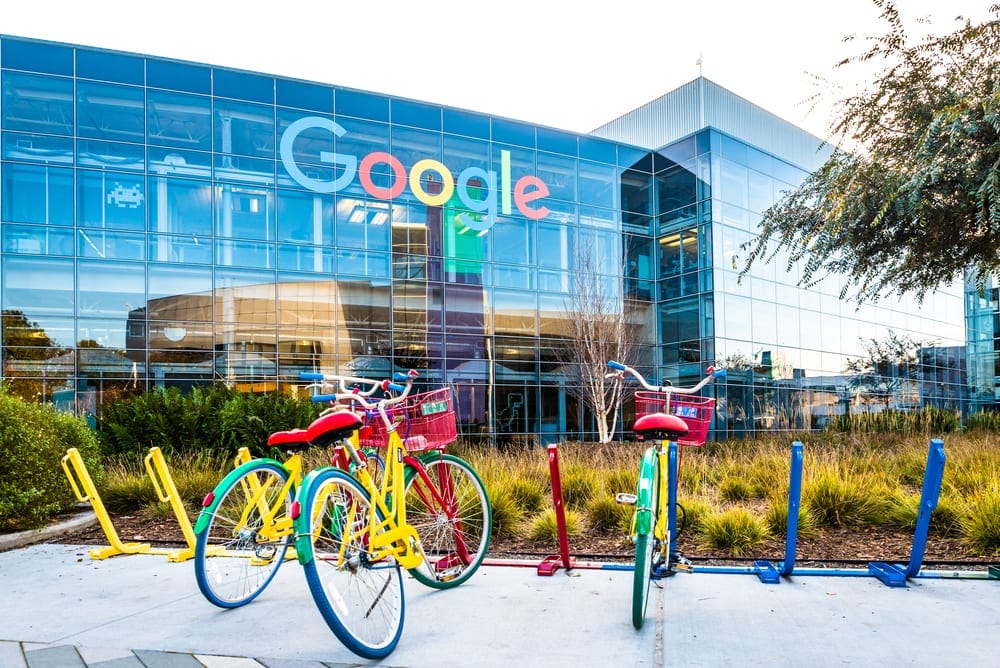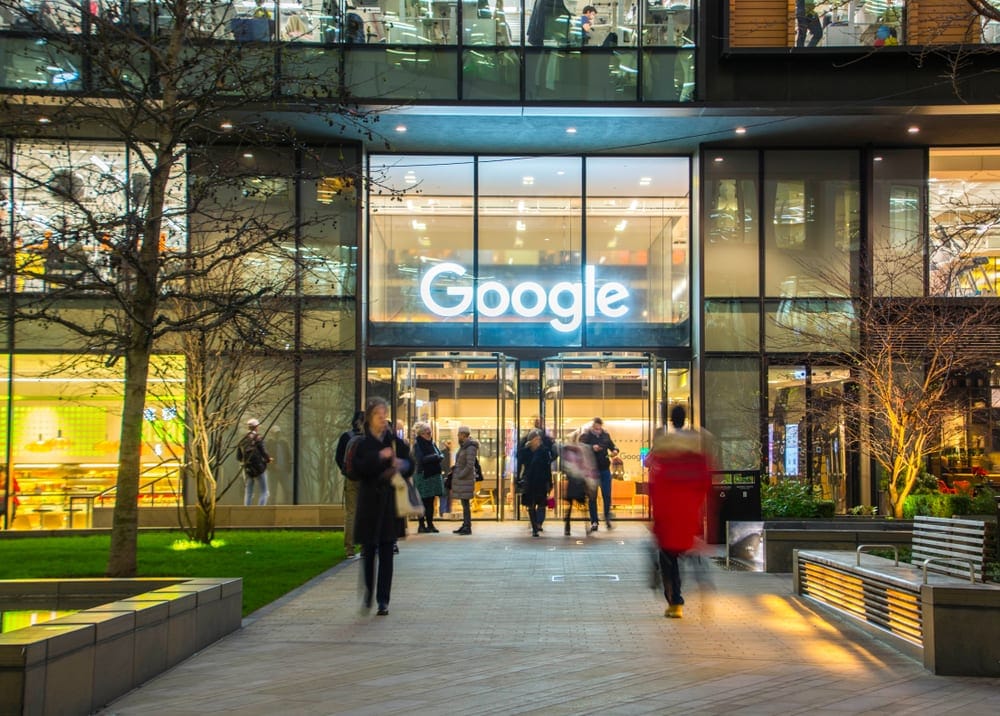Landing a job at Google is a dream for many. As a tech giant, Google’s parent company, Alphabet, ranks as one of the world’s top companies. Millions apply, but only a lucky few get to experience life inside Google’s offices. While the perks are well-known, the reality of working at Google isn’t always what it seems.
The Googler Lexicon: A Name for Everyone

At Google, you’re more than just an employee; you get a name. Every employee is a ‘Googler.’ New recruits are ‘Nooglers’ (pronounced “new-gler”). Googlers in the LGBT community are ‘Gayglers,’ while those over 40 are affectionately called ‘Greyglers.’ There are even ‘Dooglers’ for dog owners, ‘Brewglers’ for beer drinkers, and ‘Jewglers’ for Jewish employees. Even ex-employees get a name: ‘Xoogler’ (pronounced “zoo-gler”).
The Myth of 20% Time

The famous 20% time—where Googlers spend one day a week on personal projects—is largely a myth. While it technically exists on paper, it’s almost impossible to get that time now. Many say it has morphed into 120% time, where employees work on their core projects and spend an extra 20% of their time on… their core projects. Sounds like overtime, right?
The “Google 15” is Real

Free food galore! Googlers get three square meals a day, plus endless snacks and fruits. This easy access to food often leads to new hires gaining around 15 pounds, known as the “Google 15.” Legend says co-founder Serge Brin wants every Googler to be within 200 feet of food.
Interview Questions That Make You Think

Google’s interview process is known for its quirky questions. Interns might be asked to estimate how many tennis balls fit in an airplane. Other questions include estimating the number of books published annually in the US or designing an ATM for the elderly. Google has banned some of the more bizarre questions, but expect the unexpected.
Life on the Ladder: Career Paths at Google

Every Noogler is assigned to a ‘ladder,’ which is the path for promotions. Business roles follow the O Ladder, while engineers climb the T Ladder. Many aspire to be on the T Ladder, but switching ladders is complicated. Those who manage to switch often face demotion to their previous level, regardless of their competence.
The Complex Employee Review Process

Google’s review process is intense. It uses a 360-degree feedback system where everyone rates everyone else—managers rate employees, who in turn rate their managers, other employees, and themselves. There are monthly and annual reviews. The main annual review determines a Googler’s fate, considering achievements, core values, leadership, problem-solving skills, and ability to create a voice.
Bay Area Living: You May End Up Living in Your Car

The San Francisco Bay Area faces a housing crisis. The high cost of rent means some Google developers can’t afford housing, even with their high salaries. Some live in buses and trucks near their offices to avoid traffic, but they often avoid discussing their housing situation for fear of repercussions from their employers.
The Promo Packet Struggle

Promotions at Google get trickier at mid-level. After a certain point, your direct manager can no longer promote you. Instead, a team of higher-ups decides based on a ‘promo packet’—a list of achievements, positive reviews, and essays explaining why you deserve a promotion. The system is flawed because it often overlooks those who worked on supporting projects or haven’t completed a major project lately.
Contractor Life: The other side of Google

Google relies heavily on contractors, who make up over half the workforce. However, they are often treated differently than full-time employees. Contractors earn less, receive fewer benefits, work overtime without pay, and can’t attend company meetings or apply for internal jobs. They can also be fired without warning.
The Anti-Union Stance

Google does not allow employees and contractors to unionize. While they don’t directly stop unionization, they use indirect tactics, such as hiring anti-union consultants to negotiate with employees and advise upper management on handling grievances. This makes it difficult for workers to fight controversial policies.
Working at Google has its perks, but it also comes with surprising realities. From the unique naming conventions to the challenges of career advancement and the treatment of contractors, it’s a mixed bag. The free food and fancy offices are appealing, but the actual experience can be more complex than it appears.
Have you heard any other surprising facts about working at Google? Share your thoughts in the comments below!










